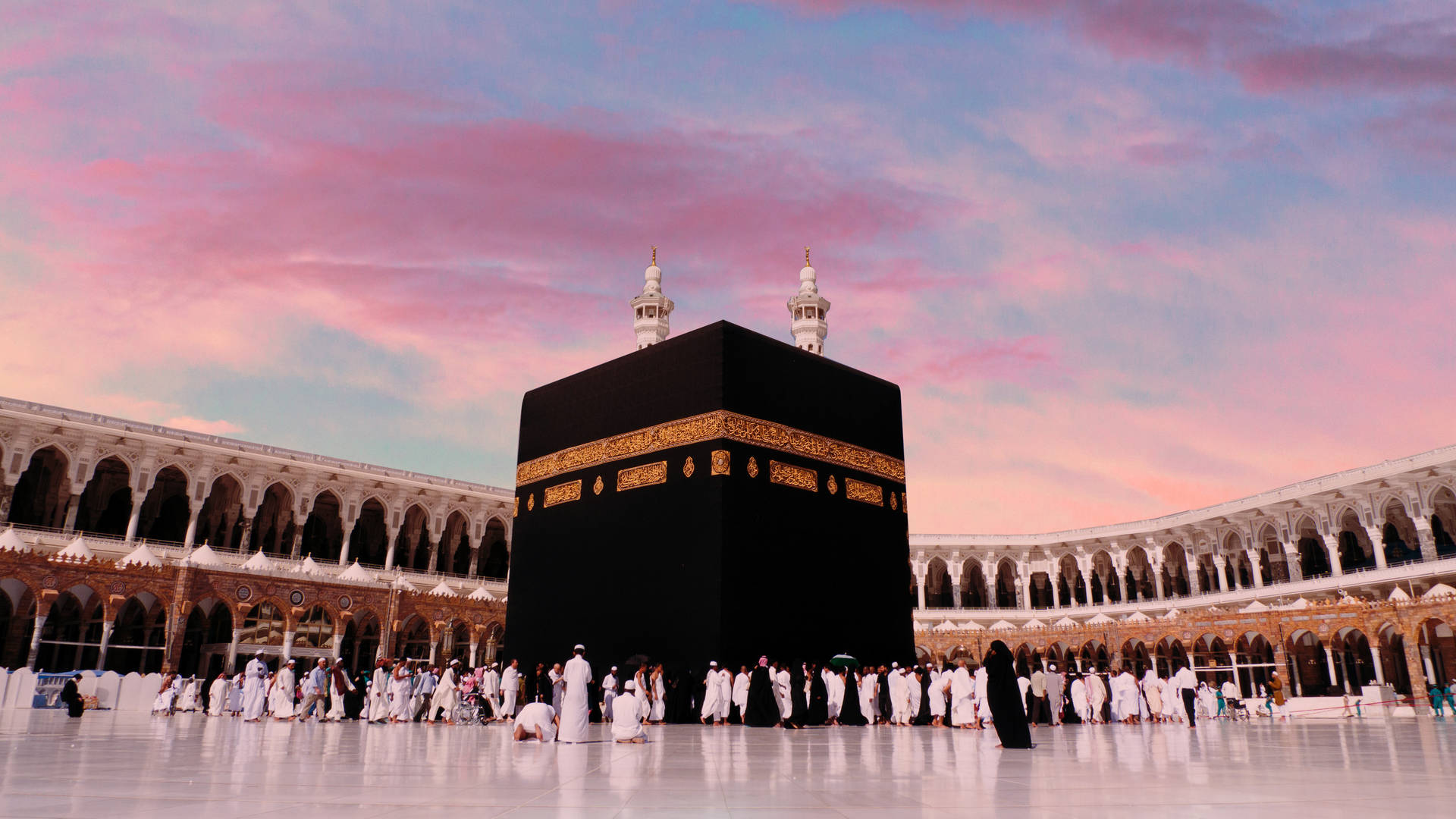
Unveiling the Significance and Practices of Islamic Rituals
What do you need to know?
The major practices of some of the key Islamic rituals are:
Salah (Prayer)
Salah, the obligatory prayer, is the cornerstone of Islamic worship. It is performed five times a day, symbolizing the constant remembrance of Allah and seeking His guidance and blessings. Through the rhythmic recitation of verses from the Quran, Muslims establish a direct connection with the Divine. The physical movements of standing, bowing, prostrating, and sitting reflect humility and submission before Allah, fostering spiritual discipline and mindfulness.
Zakat (Charity)
Zakat is the act of providing a part of one's wealth to those who are in need. It is a mandatory practice for Muslims who meet the specified criteria for wealth. By giving Zakat, individuals fulfill their duty to support the less fortunate, promote social justice, and purify their wealth. This act of generosity and compassion strengthens the bonds within the community, creating a sense of unity and empathy.
Sawm (Fasting)
Sawm is a fast that is observed by Muslims during the holy month of Ramadan. They abstain from meals, drinks, and other physical requirements from dawn to sunset. This practice serves as a spiritual purification, fostering self-discipline, patience, and empathy toward those who are less fortunate. Sawm also allows Muslims to focus on prayer, self-reflection, and seeking forgiveness.
Hajj (Pilgrimage)
Hajj is a pilgrimage to the holy city of Makkah, that is obligatory for financially and physically capable Muslims at least once in their lifetime. It is a unique and transformative experience that unites millions of believers from diverse backgrounds. During Hajj, pilgrims perform various rituals, including circumambulating the Kaaba, running between Safa and Marwa, and standing on the plain of Arafat. This journey symbolizes unity, humility, and seeking forgiveness from Allah (SWT)
Eid al-Fitr and Eid al-Adha
Eid al-Fitr and Eid al-Adha are two major festive occasions in Islam. Eid al-Fitr marks the end of Ramadan, and Muslims celebrate with prayers, feasts, and acts of charity. It is a time of joy, gratitude, and sharing blessings with loved ones. Eid al-Adha commemorates the willingness of Prophet Ibrahim (Abraham) to sacrifice his son, and it involves prayer, animal sacrifice, and the distribution of meat to the needy. These celebrations foster a sense of community and strengthen the bonds of brotherhood and sisterhood among Muslims.
Conclusion
Islamic rituals hold profound significance in the lives of Muslims, serving as a means of worship, spiritual connection, and community-building. Understanding the essence and significance behind these rituals not only allows non-Muslims to appreciate the richness of the Islamic faith but also enables Muslims to deepen their own connection with Allah and their community.
Aleena Arfeen Hajj and Umrah Private Limited will help you get closer to Allah by offering Hajj services that enable you to undertake a hassle-free and comfortable pilgrimage. You can perform your religious duties by booking top Hajj packages at affordable prices that start at RS 6,50,000/- only.
To get discount offers and the latest deals on Hajj packages contact +91 33-48097369.






